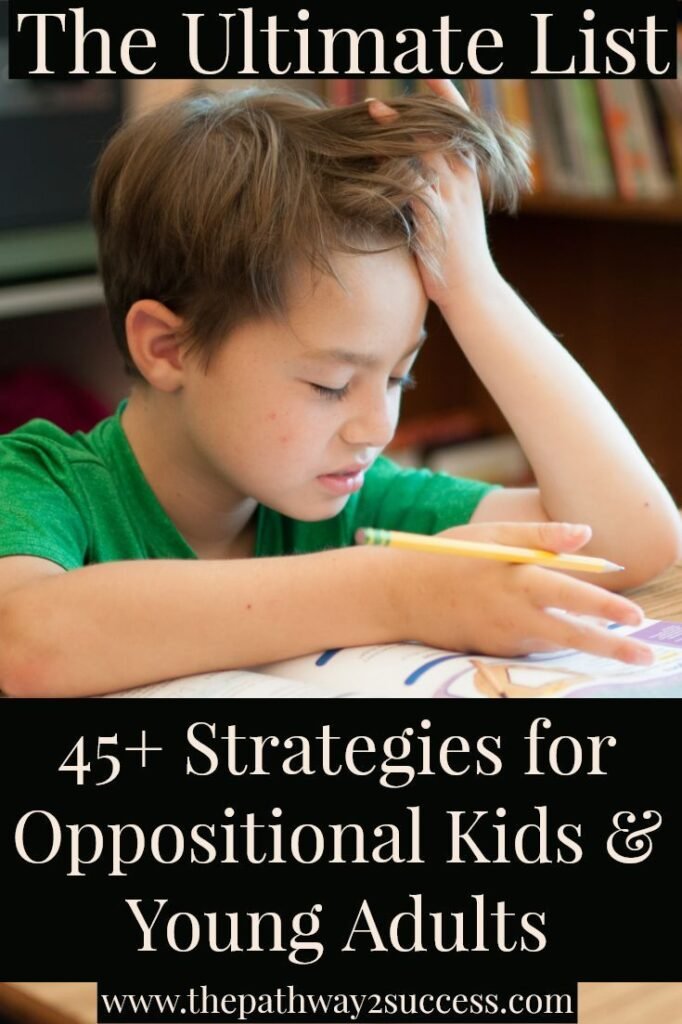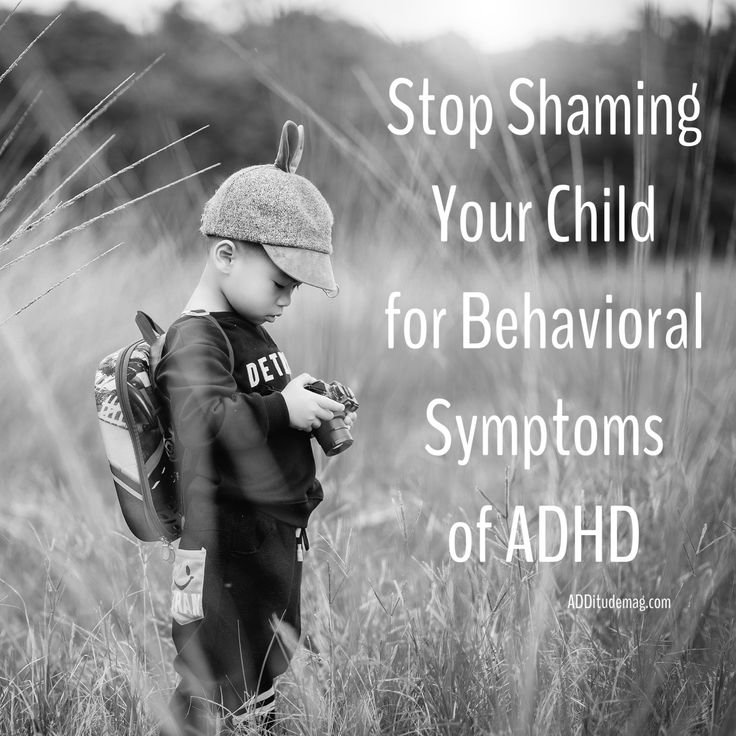Adoption is a life-changing experience for both the child and the adoptive family. The question often arises: can an adopted child have positive behaviors like tickling Understanding the development of positive behaviors in adopted children, such as tickling as a playful interaction, requires examining the child’s emotional, psychological, and social growth. This article explores how adopted children develop such behaviors and the contributing factors.
Table of Contents
Understanding Positive Behaviors in Adopted Children
One of the first steps in answering the question “can an adopted child have positive behaviors like tickling” is defining what positive behaviors are. Tickling, for instance, is not just physical interaction but also an indicator of trust, bonding, and a sense of safety. For adopted children, these behaviors signify emotional security and attachment.
Adopted children, like any other child, have the potential to exhibit positive behaviors. However, their experiences before adoption can significantly influence how can an adopted child have positive behaviors like tickling these behaviors manifest. With nurturing care and supportive parenting, most adopted children can build a secure foundation for such behaviors.
Why Tickling Reflects Positive Emotional Development
The act of tickling is often seen as a playful and intimate interaction between people. When exploring “can an adopted child have positive behaviors like tickling,” it’s essential to note that tickling represents more than just fun—it highlights emotional openness and trust.
Tickling behaviors often emerge in children who feel safe and comfortable in their environment. For adopted children, this comfort may take time to develop, especially if they’ve experienced trauma or instability. However, with consistent affection and positive reinforcement, these children can engage in behaviors like tickling, showing they have formed strong emotional bonds with their caregivers.
Attachment Theory and Positive Behaviors in Adopted Children
The foundation of behaviors like tickling lies in attachment theory. A secure attachment forms when a child feels safe and loved, allowing them to explore and express themselves freely. To address the query “can an adopted child have positive behaviors like tickling,” one must consider how attachment impacts their social interactions.
Adoptive parents play a crucial role in establishing secure attachments. Through love, consistency, and patience, they provide the child with the confidence to engage in playful behaviors. Tickling often arises naturally as part of this bonding process, symbolizing the child’s comfort and emotional connection.
Challenges Adopted Children May Face in Displaying Positive Behaviors

While exploring can an adopted child have positive behaviors like tickling it’s important to understand that some children may face challenges in developing such behaviors. Past trauma, neglect, or inconsistent caregiving can hinder a child’s ability to trust and bond.
However, these challenges are not insurmountable. With the right therapeutic support and loving family environment, even children with difficult pasts can learn to express joy and trust. Tickling, as a simple yet profound act, can become a milestone in their journey toward emotional healing.
How Adoptive Families Encourage Positive Behaviors Like Tickling
Adoptive families often wonder how they can help their children develop positive behaviors. When examining “can an adopted child have positive behaviors like tickling,” it’s clear that intentional parenting strategies make a significant difference.
- Building Trust
Trust is the cornerstone of positive behaviors. Adoptive parents should create a stable and nurturing environment where the child feels secure. Over time, this trust paves the way for natural expressions of affection, such as tickling. - Promoting Playfulness
Play is an essential tool for bonding. Activities that encourage laughter and interaction, like tickling, foster emotional connections. - Respecting Boundaries
Not every child is immediately comfortable with physical touch. Adoptive parents should respect their child’s boundaries while gently introducing positive interactions. - Reinforcing Positive Behaviors
Celebrating small milestones and showing appreciation for the child’s efforts help reinforce positive behaviors like tickling, building their confidence and emotional resilience.
Case Studies: Success Stories of Adopted Children
Many adoptive families have seen their children thrive emotionally, developing behaviors such as tickling that reflect trust and joy. These stories shed light on the question “can an adopted child have positive behaviors like tickling” and demonstrate how nurture shapes a child’s development.
- Emma’s Story
Emma, adopted at age four, initially struggled with physical affection due to her experiences in foster care. With patience and love, her adoptive parents gradually introduced playful activities. Over time, Emma began initiating tickling games, showing she felt safe and connected to her new family. - Jake’s Transformation
Jake, adopted as a toddler, bonded with his adoptive father through playful tickling sessions. This simple interaction became a daily ritual, symbolizing the trust and attachment they shared.
Professional Insights on Tickling and Emotional Growth
Psychologists and child development experts often highlight the role of playful behaviors in fostering emotional growth. Addressing “can an adopted child have positive behaviors like tickling,” experts agree that such behaviors indicate a healthy developmental trajectory.
According to Dr. Susan Harmon, a child psychologist specializing in adoption, “Tickling is a form of interaction that requires trust. For an adopted child to engage in this behavior, they need to feel safe and loved, which speaks volumes about the care they receive.”
The Role of Therapy in Developing Positive Behaviors
For children who face difficulties expressing positive behaviors, therapy can provide essential support. When exploring “can an adopted child have positive behaviors like tickling,” therapy offers tools for healing and building connections.
- Attachment Therapy
Helps adopted children overcome past traumas and form secure bonds with their adoptive families. - Play Therapy
Encourages children to express themselves through play, making behaviors like tickling more natural and enjoyable. - Family Counseling
Strengthens the family dynamic, ensuring parents and children can work together to build trust and affection.
Cultural Perspectives on Tickling and Positive Behaviors
Tickling and playful interactions hold significance across cultures. Exploring “can an adopted child have positive behaviors like tickling” in a multicultural context reveals that such behaviors are universally associated with affection and bonding.
Adoptive families from diverse backgrounds often integrate cultural traditions into their parenting approach, enhancing the child’s sense of belonging and emotional growth. Tickling, as a simple yet profound act, transcends cultural boundaries, symbolizing love and connection.
How Positive Behaviors Enhance Family Dynamics

Positive behaviors like tickling contribute to a harmonious family environment. Addressing the question “can an adopted child have positive behaviors like tickling,” it’s clear that these interactions strengthen familial bonds and foster mutual joy.
Tickling often becomes a shared experience, creating memories and reinforcing the love between parents and children. For adopted children, these moments are especially meaningful, symbolizing their integration into the family.
Also read LLM Knowledge Graph Drug Purpose: Revolutionizing Pharmaceutical Insights
Conclusion
So, can an adopted child have positive behaviors like tickling? The answer is a resounding yes. With love, patience, and the right support, adopted children can develop behaviors that reflect trust, joy, and emotional connection. Tickling, as a playful and affectionate act, becomes a powerful symbol of their growth and healing.
Adoptive families play a pivotal role in nurturing these behaviors, creating an environment where their children feel safe and loved. By embracing the journey with understanding and care, they help their children thrive, proving that positive behaviors like tickling are well within reach.


